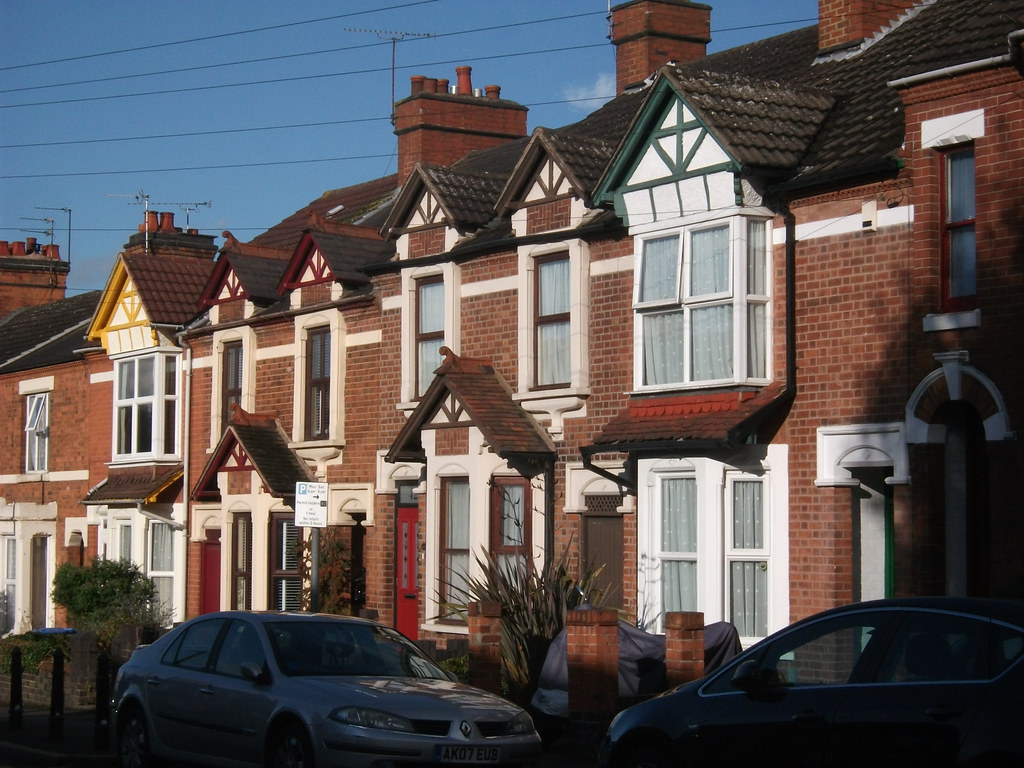How Can Government Encourage Home Safety and Good Landlord Services?

The government’s Social Housing Regulation Draft Clause has been released; Housing Industry Leaders investigates the explanatory notes, which show the government’s ambition to improve landlord services and why home safety is essential for tenants.
Draft clauses that have been published demonstrate the government’s progress in creating the legal basis for these reforms and will be introduced when parliamentary time allows.
The White Paper explains how the government plans to transform the Regulator of Social Housing, introducing robust, proactive regulation of consumer issues such as safety, transparency and tenant engagement, alongside the existing economic regulation regime.
In addition to this, all landlords will be required to report on new Tenant Satisfaction Measures, and there will be stronger enforcement powers for the Regulator of Social Housing so that they can take action when things go wrong.
Driving a significant change in landlord behaviour, the new regulatory regime focuses on the needs of tenants, with landlords being held to account for their performance, and is supporting the government’s commitment to halve the number of non-decent homes in the rented sector by 2030.
In November 2020, the government published the Charter for Social Housing Residents: the Social Housing White Paper. Setting out the government’s commitment to transform the experiences of social housing residents by ensuring that landlords deliver the safest and decent homes and good quality services.
The White Paper set out seven key expectations for all social housing residents, which include:
- To be safe in your home.
- To know how your landlord is performing.
- To be treated with respect.
- To have your voice heard by your landlord.
- To have good quality home and neighbourhood to live in.
- To be supported to take your first step to ownership, should your circumstances allow.
The industry must meet electrical safety standards
One clause, Clause 19, amends section 122 of the Housing and Planning Act 2016, extending the power of the Secretary of State by regulations. Imposing duties on landlords who are registered providers of social housing in England, rather than just private landlords.
Under this power, duties imposed by regulations are for the purposes of ensuring that electrical safety standards are met during any period when the premises are occupied under a tenancy. Duties might include ensuring that checks of electrical installations and appliances are carried out.
Regulations may impose obligations on registered providers in terms of the frequency of the electrical checks and the level of expertise expected of any person who will undertake these checks.
In addition to this, the regulations may also require the landlord to obtain a certificate from a qualified person confirming that the standards are met, giving a copy to the tenant.
Making buildings safe is key to moving forward
Ensuring that buildings are safe for habitation is the reason for this clause, fire safety risks, as well as electrical, are essential.
Key findings from research by The Housing Safety & Wellbeing Taskforce (HSWT) with founding member Aico and in conjunction Cebr investigate the human impact of fire and how the different legislations across the four nations are impacting the prevalence of fire.
Sir Peter Bottomley, MP for Worthing West and Father of the House at the HSWT, spoke about why making buildings safe is important.
One way or another we need to make buildings safe, that’s carbon monoxide and fire dangers. We have perhaps contributed to allowing a bad situation to continue for too long and I welcome finding the way forward.
Key findings from the research found that the cost of each fire has been reduced by 41.5% in England and Wales, compared with 23.2% and 24.4% in England and Wales.
Balanced against the Nett cost to the economy of fire incidents, saving has been seen in Scotland. If England saw a reduction in costs at the same scale as Scotland, it would amount to £243 million in savings per year.
In 2019/20, the aggregate cost of dwelling fires amounted to £1.1 billion after adjusting for inflation, and those classed in lower-income were found to be a staggering 60% more likely than higher-income groups to face serious hazards in their homes.
For those who have ever experienced a fire, 18.7% of subsequent psychological trauma has been reported; this represents an estimated 957,000 adults. Individuals with children younger than five years’ old were found to be the most likely to have experienced trauma in the aftermath of a fire, amounting to 31.8% of those in this category.
The government’s Social Housing Regulation: Draft Clauses and HSWT’s research shows how important improving the safety of homes is and ensuring that the quality of landlord services must be improved.

